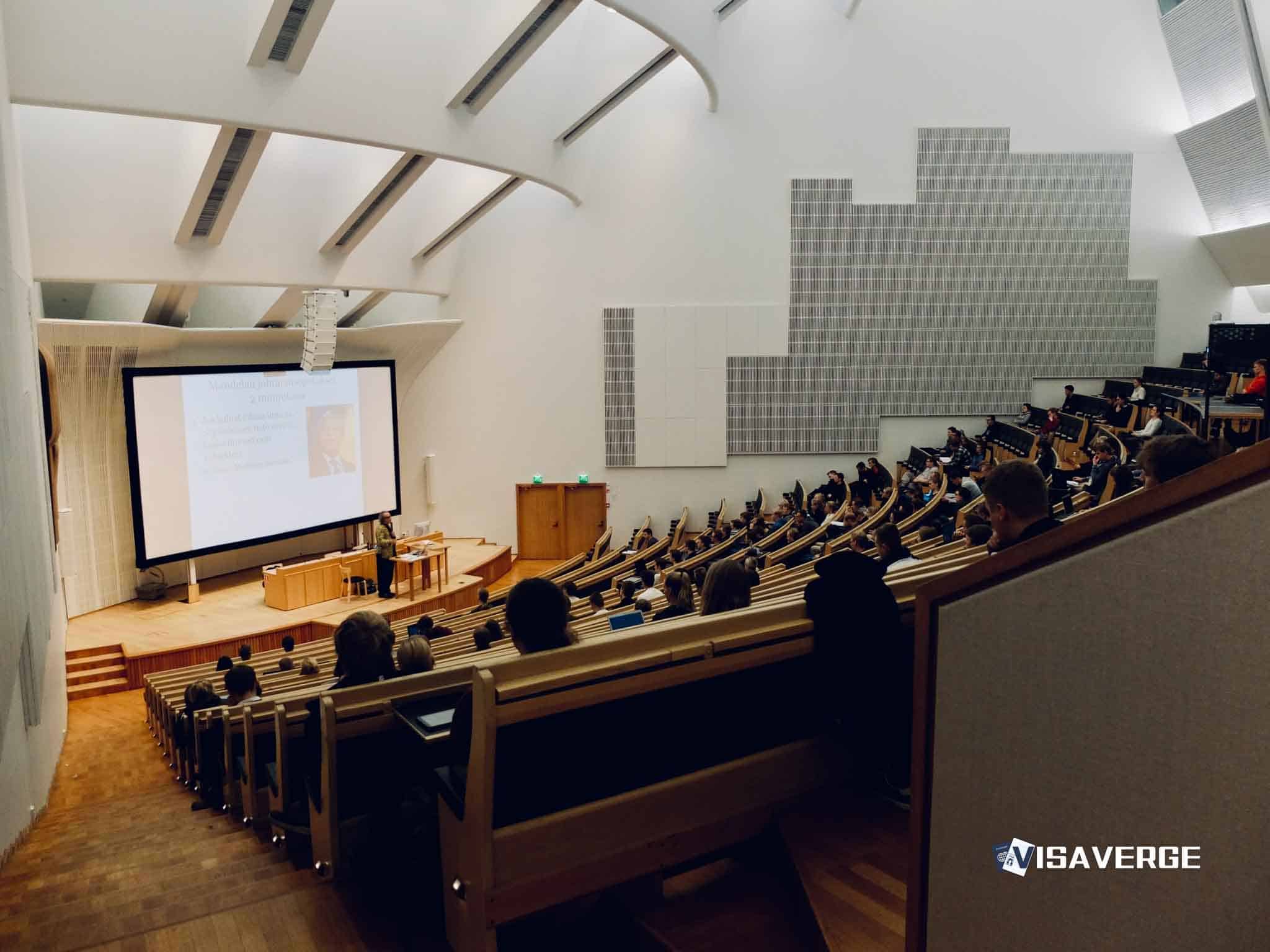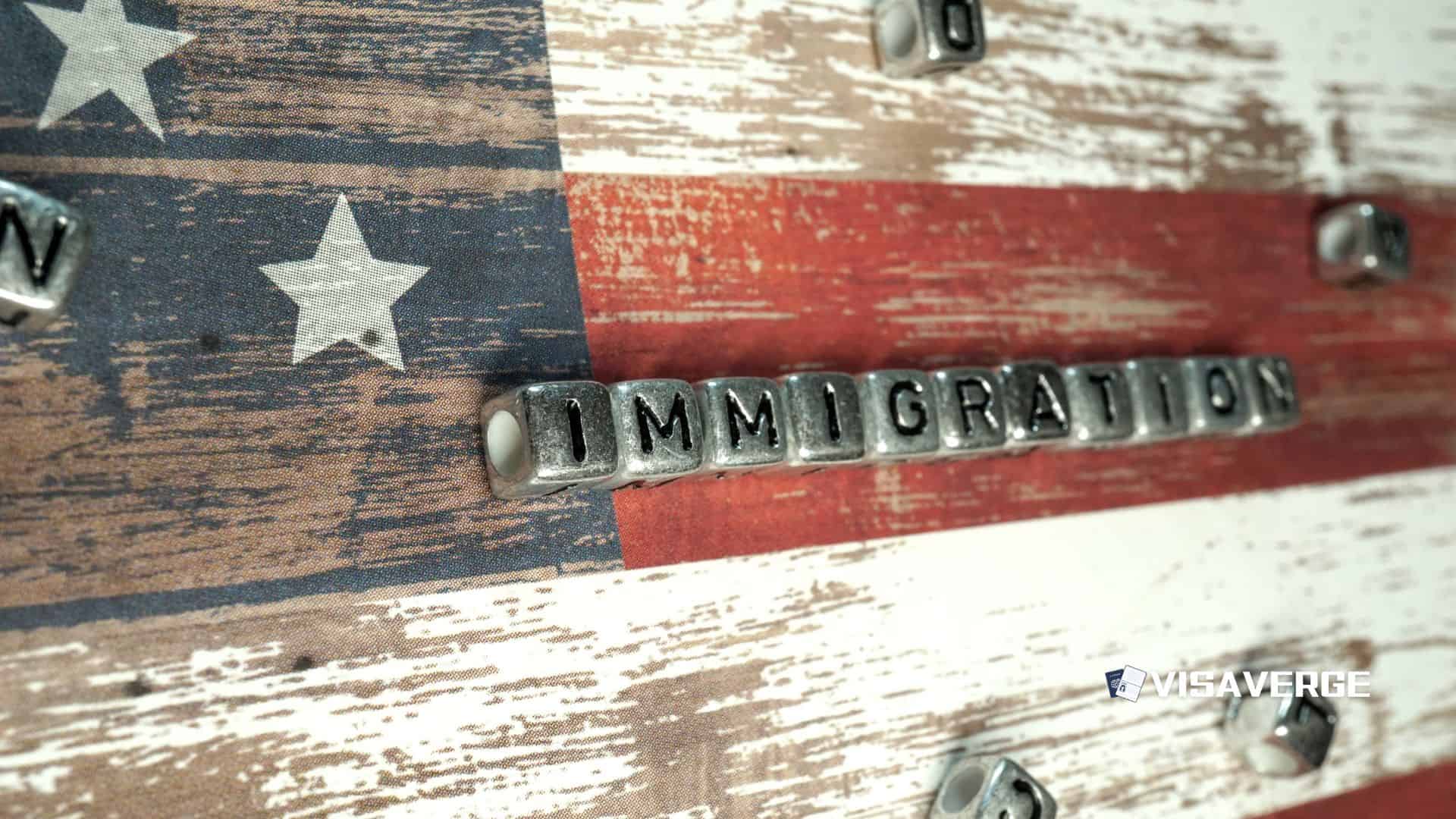Understanding the Plight of Chinese Graduate Students with U.S. Visa Issues
In recent months, a troubling scenario has unfolded, affecting more than a dozen Chinese graduate students engaged in Ph.D. science programs at prestigious U.S. research universities such as Yale University and Johns Hopkins University. Despite holding valid U.S. visas, these students faced deportation upon attempting to re-enter the United States after visiting their families in China. This unexpected turn of events not only poses a significant challenge for the students but also impacts the academic community and the field of science in the U.S.

What Caused Chinese Students to be Deported Despite Having Valid U.S. Visas?
The exact reasons behind the denial of entry for these students remain unclear, spawning a wave of uncertainty and fear among international students in the U.S. According to reports, some of these students are now facing a ban from returning to the United States for five years, leading to major disruptions in their research and academic pursuits.
A key incident involved a student enduring a 50-hour ordeal that began at Dulles International Airport outside of Washington, D.C., in December 2023. The student’s experience included extensive interrogation, a body search, solitary confinement, and the purchase of a $3700 one-way ticket to Beijing. Reflecting on the experience, the student expressed her confusion and distress, highlighting the dramatic impact of these measures on individual lives.
Legal and Institutional Responses to the Graduate Research Setback
Institutions like Yale University have been actively seeking solutions to assist affected students. Yale held a town hall to address international students’ concerns and has been exploring legal avenues to challenge the students’ deportations. Despite these efforts, the overarching control of U.S. immigration agencies over the situation presents significant challenges.
Legal experts and immigration attorneys are also seeking clarity and justice for the deported students. Dan Berger, a lawyer representing one of the students, emphasized the ongoing efforts to understand and counteract the reasons behind the denial of entry. Meanwhile, Xiaojie Meng, another immigration lawyer, pointed out that interrogation transcripts revealed no justifiable concerns that would warrant the students’ deportations.
The Broader Impact and Possible Motivations
The deportation of Chinese graduate students traveling on valid visas is thought to be influenced by broader U.S.-China political tensions and specific directives, such as Presidential Proclamation 10043 issued by then-President Donald Trump in May 2020. This directive allows the U.S. Customs and Border Protection (CBP) to deny entry to Chinese graduate students and scholars associated with Chinese institutions that could potentially transfer civilian technologies with military uses.
Despite the directive, the lack of transparency and specific criteria for denials contribute to confusion and speculation within the academic community. A notable pattern observed involves a particular CBP agent at Dulles International Airport, although it is uncertain whether this indicates targeted actions or broader policy implementations.
Moving Forward: Seeking Solutions and Stability
As the affected students and their supporting institutions navigate this challenging landscape, there’s an essential need for clear, fair immigration policies that balance national security concerns with the valuable contributions of international students to U.S. science and academia.
For students facing similar issues or those seeking to understand the complex U.S. immigration landscape, the U.S. Department of State’s website provides authoritative information on visa policies and processes, which could prove invaluable in planning and safeguarding their academic and professional futures.
Conclusion
The deportation of Chinese students holding valid U.S. visas underscores the delicate balance between national security and the open exchange of knowledge that defines the global academic community. As universities, legal experts, and the students themselves seek solutions to these unexpected challenges, the situation serves as a reminder of the personal and professional stakes involved in navigating U.S. immigration policy.
This Article In A Nutshell:
Chinese graduate students with valid U.S. visas faced unexpected deportation, sparking concern in the academic world. Reasons for denial remain unclear, impacting research and studies. Legal responses by institutions aim to assist affected students. The issue reflects broader U.S.-China tensions and the need for transparent immigration policies to safeguard international students’ contributions.













